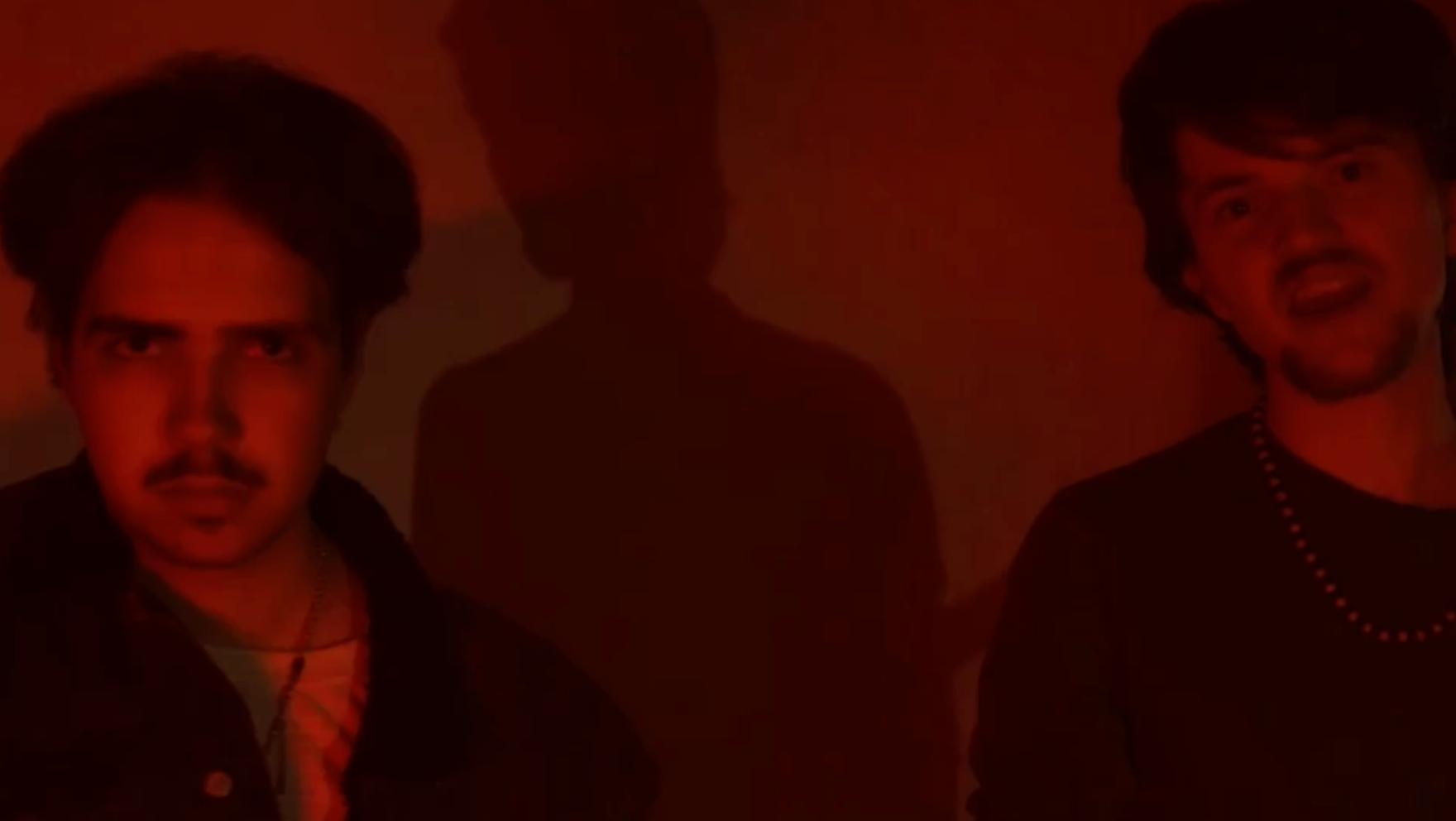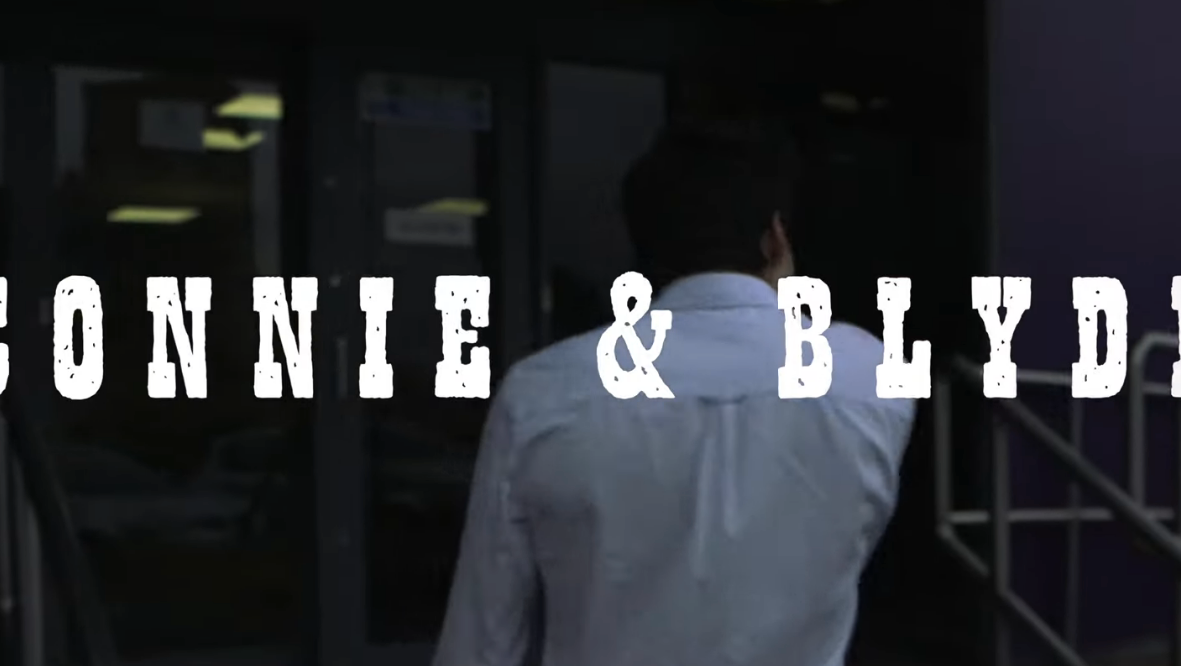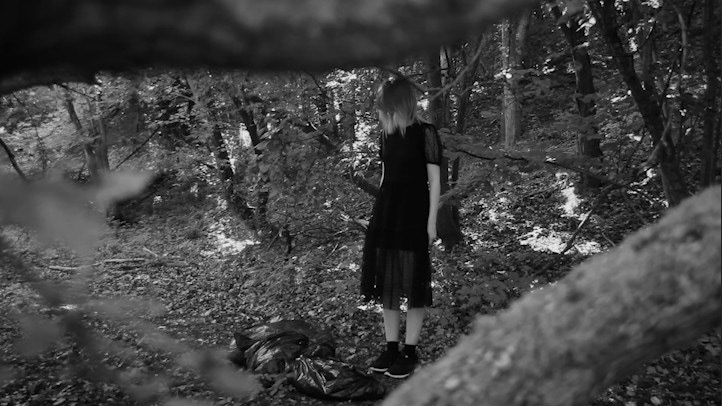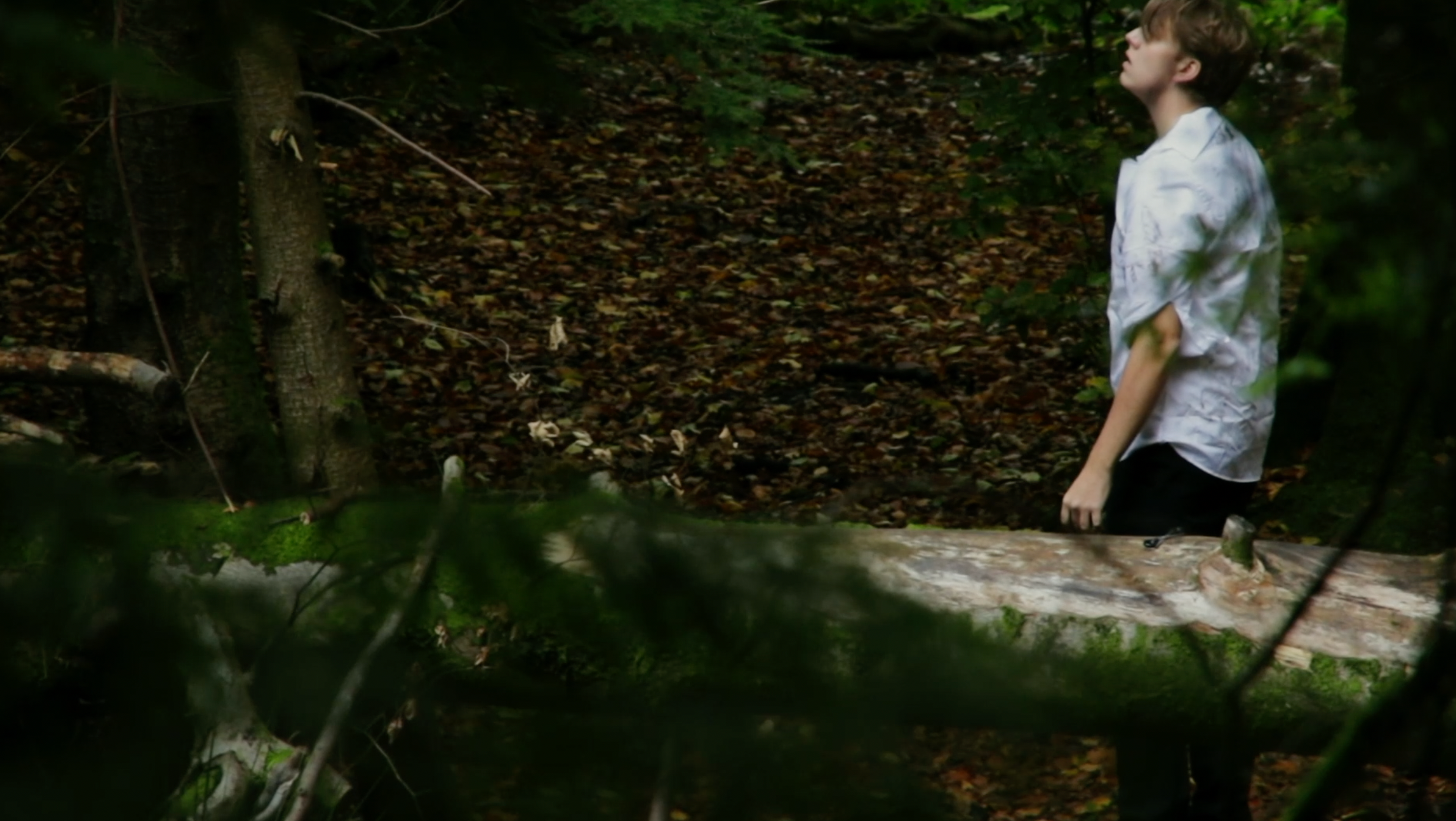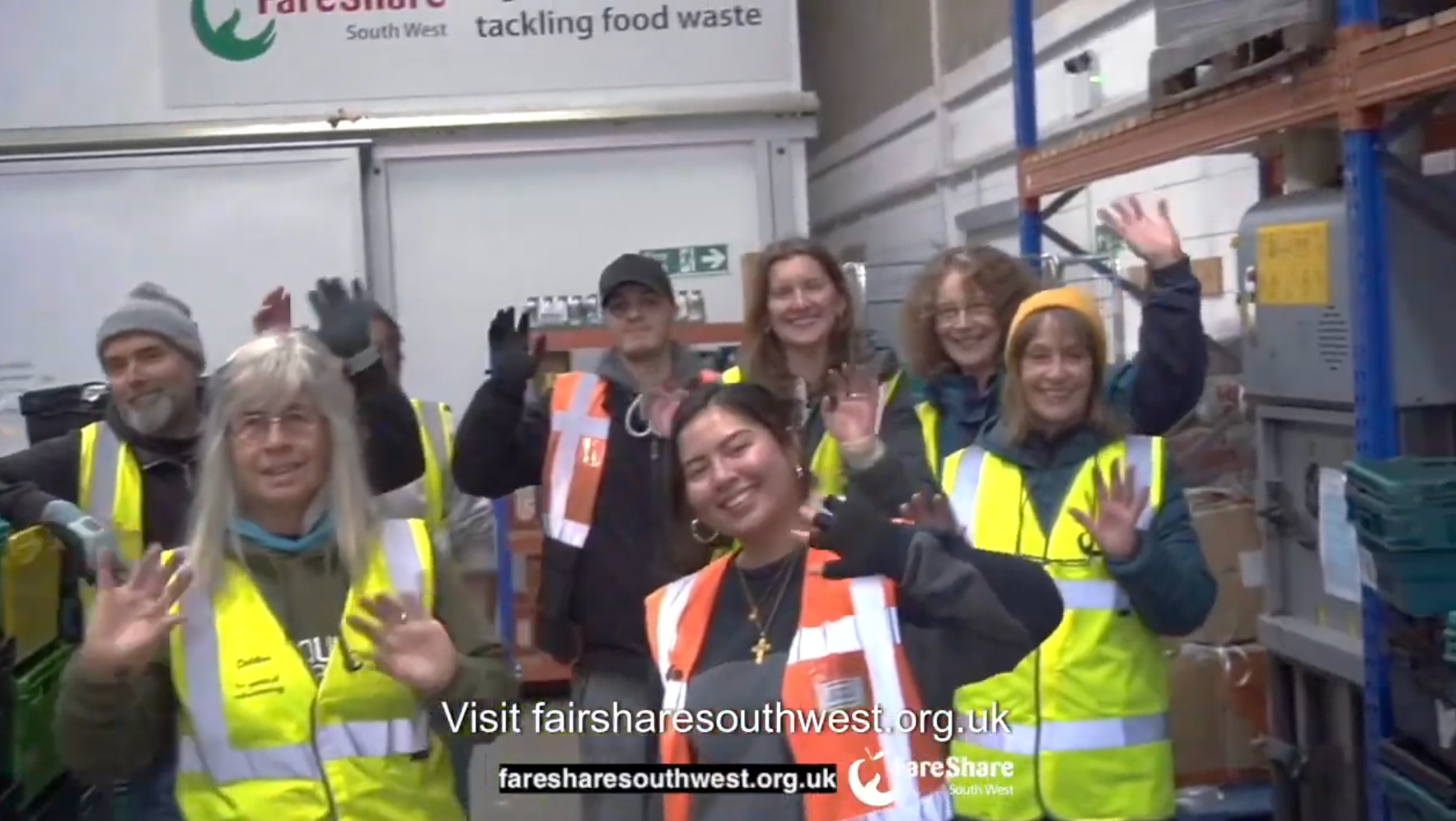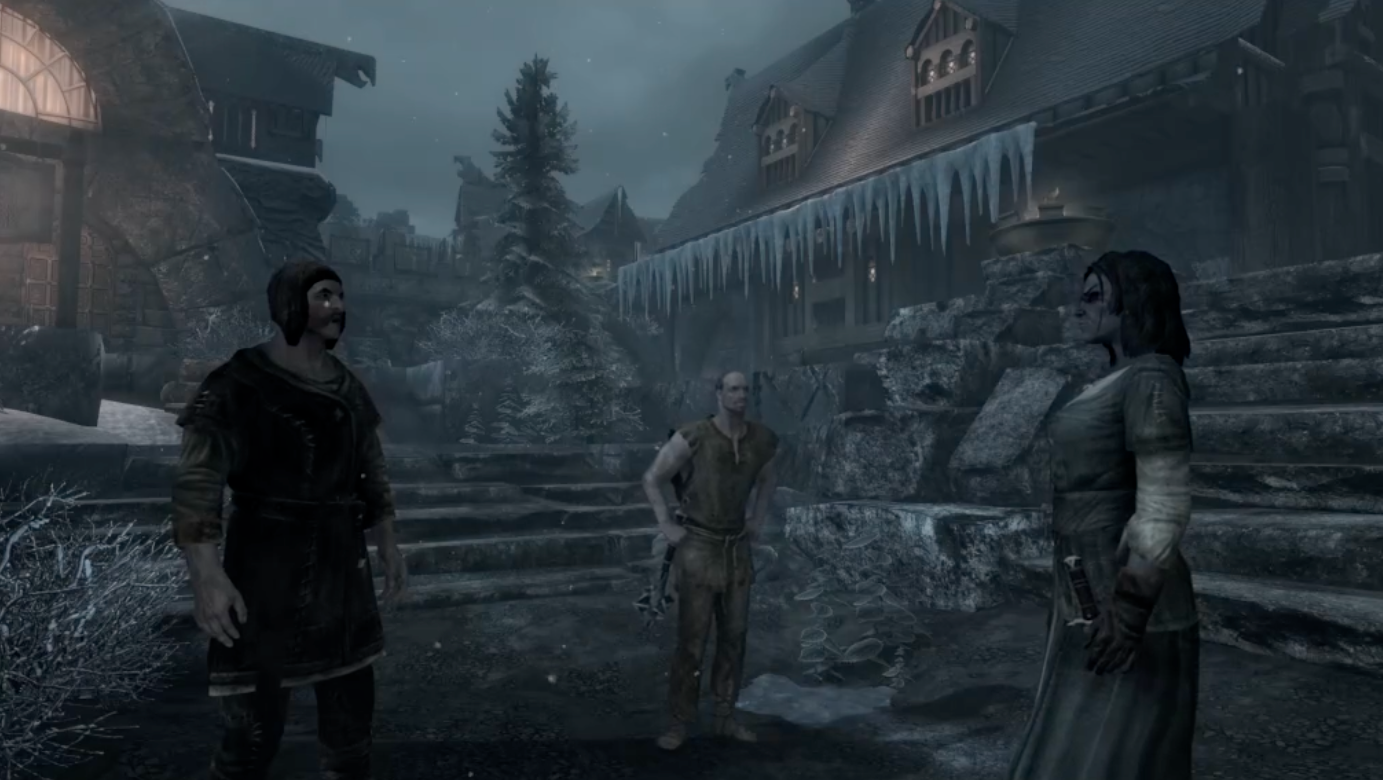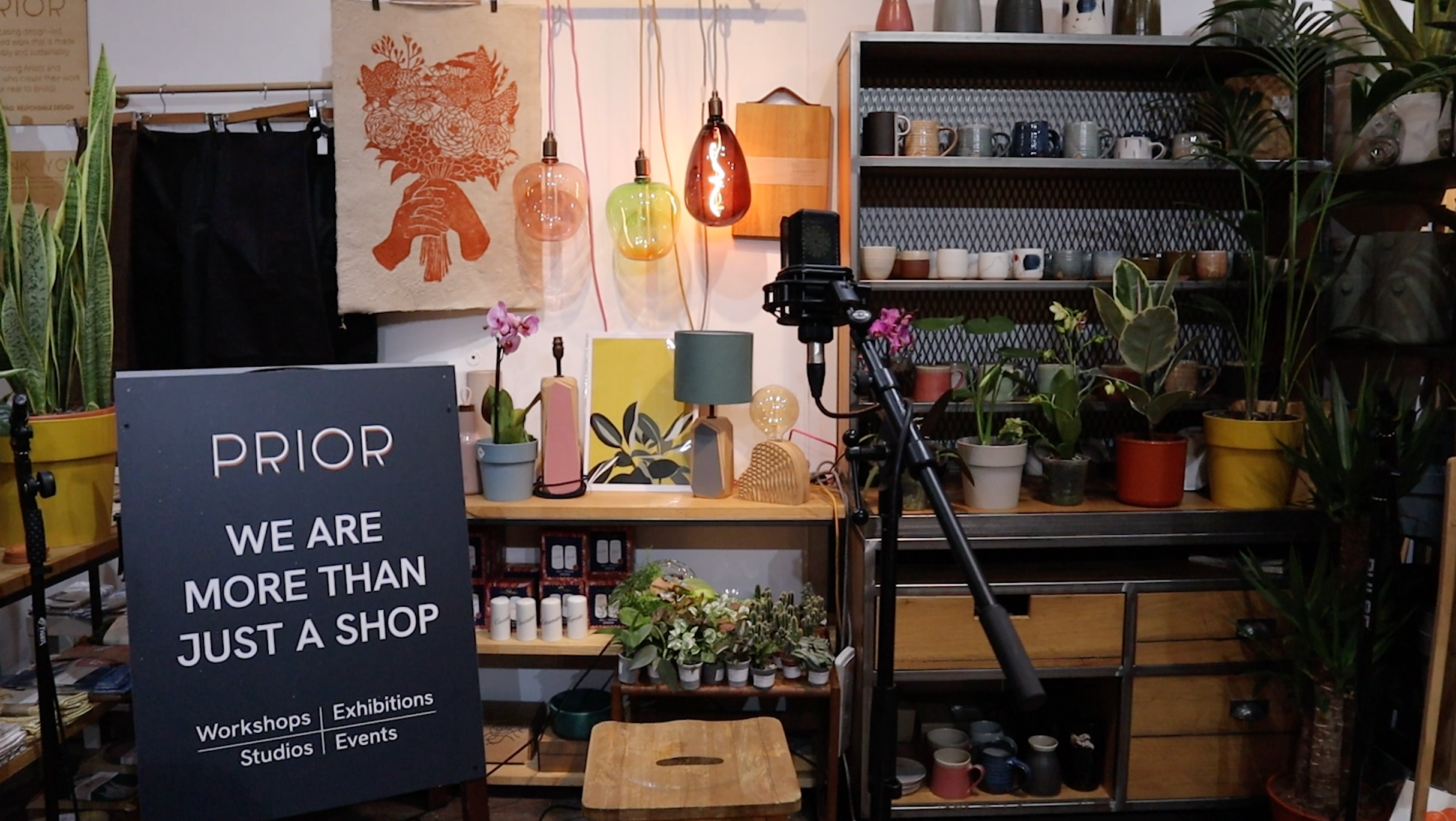Final first year project at university. I took on the role of writer and director, and was also my first time writing dialogue.
Dunk in Bristol is my first ever time writing a dialogue script, and I believe that I achieved my intentions well and is humorous for my first time writing comedy. My main intention was to create comedy and make the audience laugh, which I fulfilled, and also to pastiche one of my favourite TV shows, Cunk on Earth. I showed Dunk in Bristol to some friends on different film courses, my family and my peers at uni and everyone thought it was comedic and laughed at it. For this project, I worked with Duke Pearce as the designer, Frankie Gatt as director of photography, Harry King as editor and sound and then my actors being Bee Grave as Dunk and Harvey Jones as Nigel(s).
After receiving the brief, I started to develop my idea of a Cunk on Earth pastiche. I had had this idea for a while, but could not find the right time to do it, and took this sprint as my chance. After receiving Bee as my main performer, I knew that they would fit this character perfectly. I spent around 3 weeks writing and editing the script, and probably a total of around 20 hours in total. I sent off my first draft to Rich MC and received feedback from him. He told me that it was a clear pastiche and comedic, and gave me pointers on how to make it more comedic, such as the addition of Nigel Duggs and Nigel Diggs, and what dialogue to cut if the joke seemed like it was dragging on. I then produced the second draft, making minor tweaks (such as grammatical errors) and working on Rich’s feedback. This is the script we then used for our prototype, which after feedback and final tweaks, lead to the final version.
The prototype, despite not having Bee act in it, helped me envision what this project was going to turn out like. It was funny, and Harvey fit the role I wrote around him. During the prototype screening, I received a piece of feedback saying that the interview scene looked too ‘busy,’ something which we then later discussed how to change and how to fix. This fix involved removing more items from the background and keeping it symmetrical. I was told to find another room other than room 12, but I believed that it was the best fit for the piece as the interview scenes in Cunk are set in empty, rustic rooms, which is exactly what we as a team could do to room 12. Room 12, to me, looks very academic, which I thought would be a perfect location to interview an academic professor. During the prototype, the audience were laughing and understood the jokes, which is what I was mostly looking for when screening the first draft. The prototype helped test my intention, which worked, so I kept the script mostly the same for the real thing.
One of the main problems I faced was during the main shooting days. We decided on two dates to shoot, one day for the interview scenes and one day for the outdoors scene. The interview scenes shoot day came around and we received a message from Harvey about 30 minutes before call time saying he could no longer make it. Because I had written Nigel Diggs and Nigel Duggs with Harvey in mind, I was torn on what to do. Fortunately, Harry stepped in and played both roles and Duke had still provided the costume for Nigel. I believe that whilst Harvey not being there was unfortunate, Harry still provided a great performance. Both actors improvised slightly, and really bounced off each other, creating something more comedic than the prototype previously. However, due to Harry having to stand in for Harvey, there was no one to do the sound. Duke had other commitments, and Frankie was on camera, so I had to step in and boom operate at short notice. Due to this, some of the sound on the wides, especially towards the start of the shoot, sounded a bit echoey and not as clear as the closeups sounded. Next time I am shooting an interview or interview scenes, I would get another crew member on set as a runner or on standby, just in case someone drops out and I need a role replacement. On the second shoot day, we spent a lot of time trying to get one shot, and then consequently had less time to shoot the other shots, which meant I had to sacrifice some locations. Next time, I would make my time management better, and move onto the next shots if one was taking a lot of time to get right.
When screening the final film on the 14th of May, I could see clearly that I had hit my intention of creating comedy. The audience were practically howling with laughter, laughing at every other line. It is clear that the film was engaging and entertaining, heavily due to the fact that it was comedic. Some feedback that we received was that Bee’s Birmingham accent worked perfectly with the character, which is good considering I wrote the character around them. Bee’s performance was exactly what I envisioned and wanted as a director and I am glad that the audience received their performance well too. The audience also knew what I was parodying, which also proved I hit and successfully achieved my intention. For the final film, it was exported wrong and was in a lower resolution, but I do not think the audience noticed and were too immersed in the comedy of the film. There were a few technical errors, such as exposure being too light in one shot and some shots being slightly out of focus, but because I hit my intention and did the comedy ‘right,’ it was not picked up on or noticed by anyone who gave feedback.
I am very proud of and pleased with the final outcome that my team and I produced.

